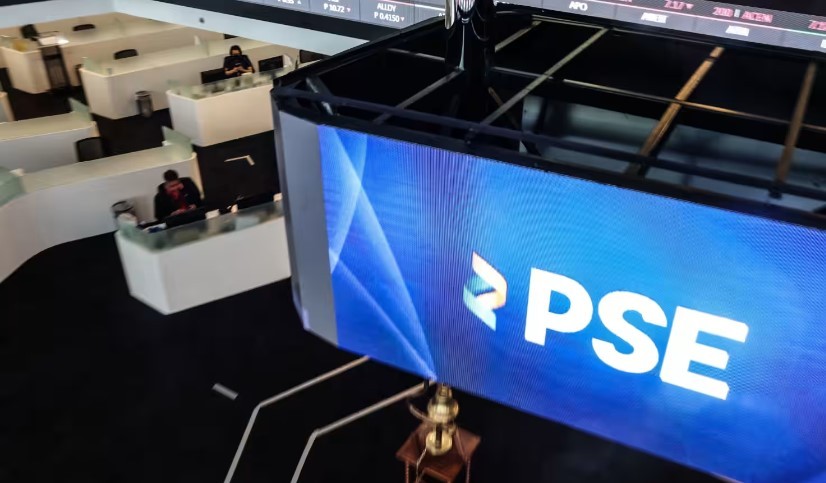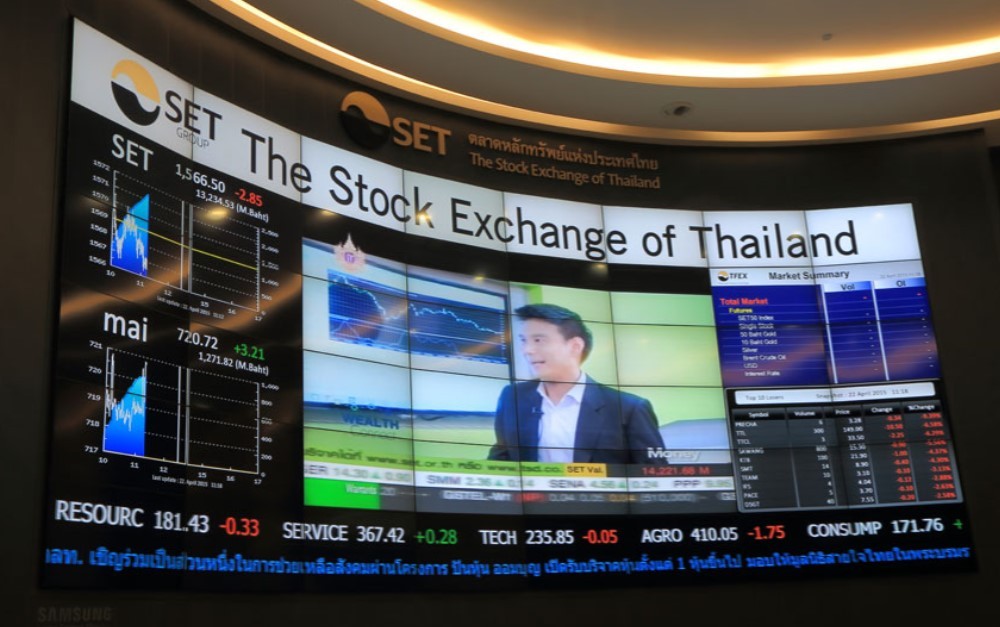What Time is the Opening of the Asian and American Stock Markets?
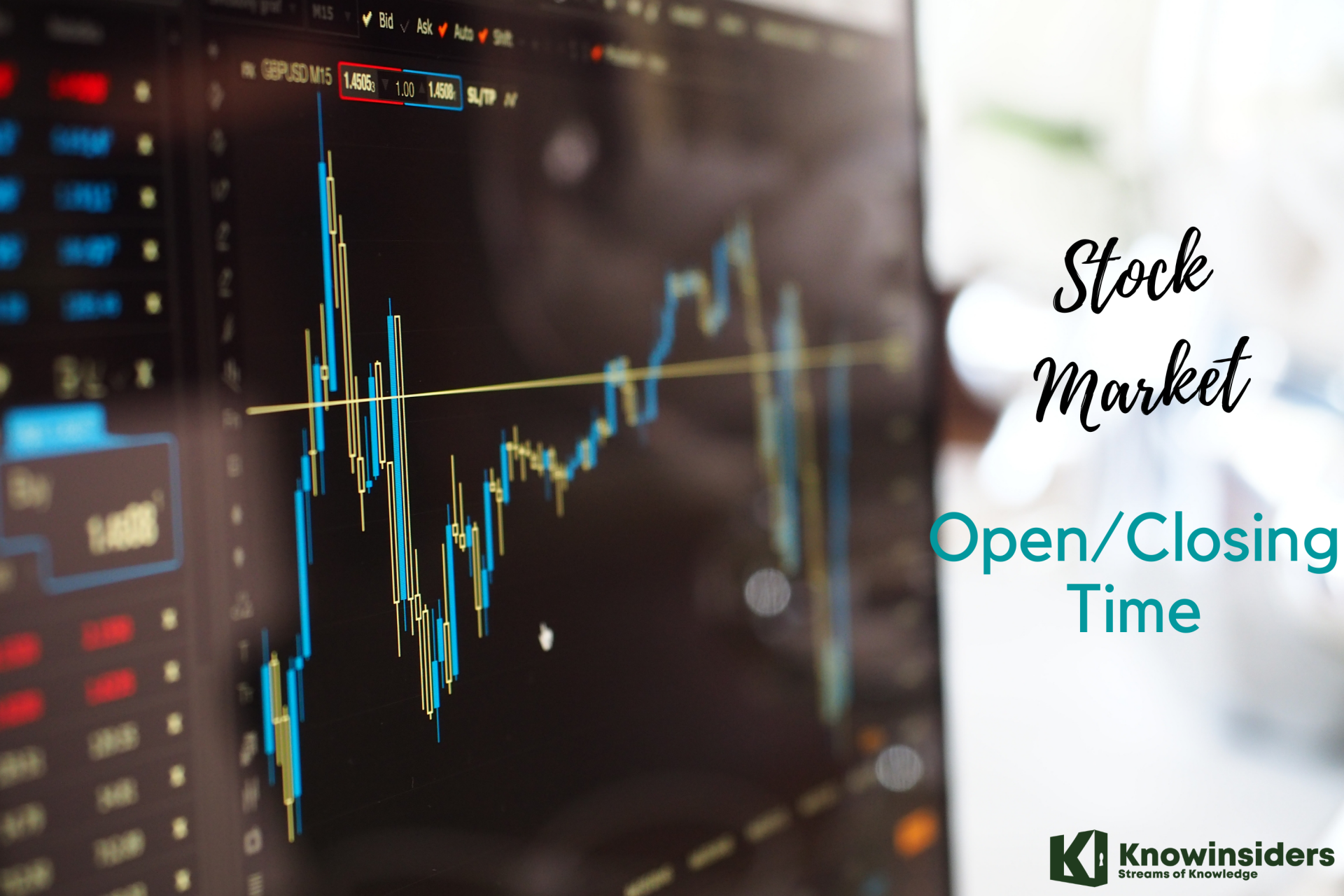 |
| Stock market trading hours vary by exchange and geographical location. Photo: KnowInsiders.com |
| Table of Contents |
What are the stock market trading hours?
Trading times on the stock market vary depending on the exchange and location. People frequently refer to US exchanges like the NYSE or NASDAQ, which are open from 2.30 pm to 9 pm (UTC), when they discuss the stock market.
The 'normal' trading hours for shares are during these hours, but there is activity outside of these hours as well. Monday through Friday, pre- and post-market trading is typically available on stock exchanges. These sessions differ from regular hours in that buyers and sellers are connected directly through electronic communication networks during these times instead of going through brokers or trading companies.
The majority of share trading will take place Monday through Friday, five days a week. On Saturdays and Sundays, there are no regular trading hours for stocks. As a result, if you hear or read news about stocks rising or falling over the weekend, it's probably about stock futures, which start trading at 11 p.m. on Sunday (UTC).
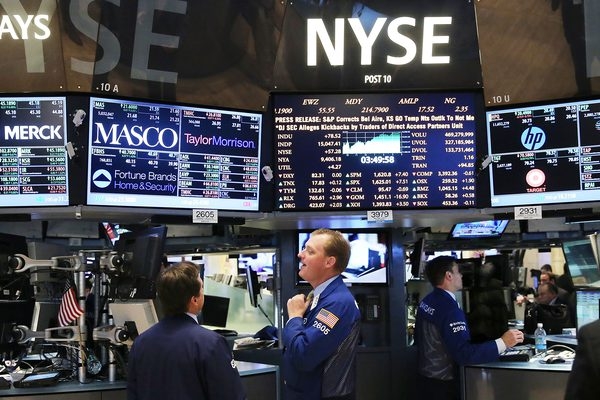 |
| Photo Siasat |
When does the US stock market open and close?
The New York Stock Exchange (NYSE) and the Nasdaq are the two principal US exchanges. They are both based in New York and open from 9:30 a.m. to 4 p.m. EST, Monday through Friday.
There are only nine federal holidays when stock markets are closed after regular trading hours. Regular trading ends at 1 p.m. on early-closure days, which are typically the days leading up to and following a market holiday.
Trading Hours in Asian Countries
| Name | Marketplace | Ranking | Time Zone | Trading Hours | Lunch Break |
|---|---|---|---|---|---|
| Tokyo Stock Exchange | Tokyo, Japan | 3 | JST | 9:00 a.m. to 11:30 a.m. and 12:30 p.m. to 3:00 p.m. | 11:30 a.m. to 12:30 p.m. |
| Stock Exchange of Hong Kong (SEHK) | Hong Kong | 4 | HKT | 9:30 a.m. to 12:00 p.m. and 1:00 p.m. to 4:00 p.m. | 12:00 a.m. to 1:00 p.m. |
| Shanghai Stock Exchange (SSE) | Shanghai, China | 5 | CST | 9:30 a.m. to 11:30 a.m. and 1:00 p.m. to 3:00 p.m. | 11:30 a.m. to 1:00 p.m. |
| Shenzhen Stock Exchange (SZSE) | Shenzhen, China | 7 | CST | 9:30 a.m. to 11:30 a.m. and 1:00 p.m. to 2:57 p.m. | 11:30 a.m. to 1:00 p.m. |
| National Stock Exchange of India (NSE) | Mumbai, India | 10 | IST | 9:15 a.m. to 3:30 p.m. | No |
| Saudi Stock Exchange | Riyadh, Saudi Arabia | 11 | AST | 10:00 a.m. to 3:00 p.m. | No |
| BSE Limited | Mumbai, India | 12 | IST | 9:15 a.m. to 3:30 p.m. | No |
| Korea Exchange (KRX) | Seoul, South Korea | 14 | KST | 9:00 a.m. to 3:30 p.m. | No |
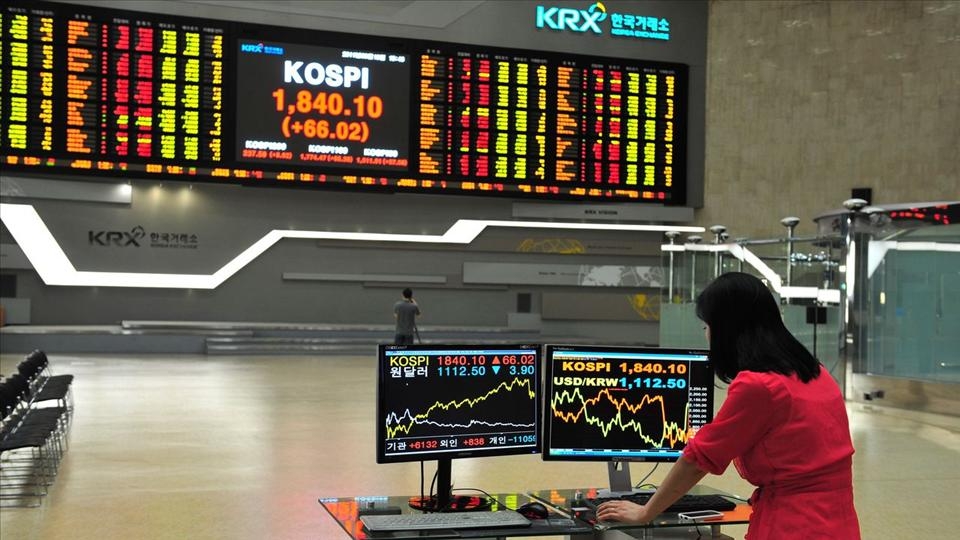 |
| Photo Market Watch |
What is the best time to trade shares?
The best times to trade shares are around significant news and events, which vary from country to country, exchange to exchange, and stock to stock. Because of this, it's critical to comprehend every factor that could affect the price of your share before you decide to take a position.
What is extended-hours trading?
When the market is closed and a security is bought or sold by an investor outside of regular trading hours, this is known as extended trading.
Pre-market and after-hours trading are both done through electronic communications networks during extended trading hours. However, because there are fewer participants, the volume of these trades is constrained.
When important news, such as an earnings release, prompts investors to buy or sell but occurs after the exchange has closed or before it opens, investors frequently try to transact outside of regular business hours.
It should be noted that most extended-hour trades occur close to regular trading hours since pertinent news is typically released either right before markets open or shortly after they close. After-hours trading can be a powerful indicator of which direction the market will open.
Stock Market HolidaysFriday, January 1: New Year's Day Monday, January 18: Martin Luther King Jr. Day Monday, February 15: President's Day Friday, April 2: Good Friday Monday, May 31: Memorial Day Monday, July 5: Independence Day Monday, September 6: Labor Day Thursday, November 25: Thanksgiving Friday, December 24: Christmas |
**READ MORE: Three Stocks Predicted to Soar In Next Ten Years
The three stock trading sessions
Pre-market: Runs from as early as 4 a.m. to market open at 9:30 a.m. EST.
Pre-market stock trading, as its name suggests, takes place before the stock market opens for regular trading at 9:30 a.m. ET. From 8:00 to 9:30 a.m. ET is when pre-market stock trading occurs.
The same reasons why investors enjoy trading in the after-hours session also apply to pre-market trading.They aim to gain an edge over rivals by responding quickly to news announcements that happen after regular market hours.
Regular market hours: Spans from 9:30 a.m. to 4 p.m.
After-hours: Begins at 4 p.m. and can run until 8 p.m. EST, but trading volume tends to slow down considerably by around 6pm.
As its name suggests, after-hours stock trading occurs after the regular stock market hours—9:30 a.m to 4:00 p.m. ET—are over. After-hours stock trading takes place between the hours of 4:00 to 6:30 p.m. ET.
But why would you want to trade stocks in the after-hours trading session?
In the Transaction Services Group at NASDAQ, executive VP Chris Concannon states that "Many companies report earnings either before the market opens or after the market closes. Whether the market is open or closed, a stock's intrinsic value is constantly changing, and when it does, buyers are drawn to the market.
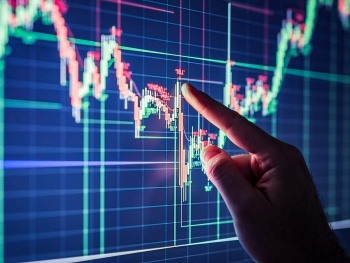 5 Top Stock Skyrocketed: Sundial Growers, Under Armour 5 Top Stock Skyrocketed: Sundial Growers, Under Armour Sundial Growers, Under Armour, Atlas Crest Investment, TreeHouse Foods and NIC are five top Stocks Skyrocketed. Traders are ramping up their bets on these stocks. |
 What is Sundial Growers (SNDL) - the Popular Marijuana Stock Skyrocketed What is Sundial Growers (SNDL) - the Popular Marijuana Stock Skyrocketed Shares of Sundial Growers (NASDAQ: SNDL) soared 79% on Wednesday, as the torrid rally in the highly traded cannabis stock's price continued. Traders are ramping ... |
 Top 10 Stocks Should to Buy During Covid-19 Pandemic Top 10 Stocks Should to Buy During Covid-19 Pandemic For a lot of people, the arrival of 2021 is welcome. It’s understandable that after months of chaos, tragedy and uncertainty, everyone is looking ahead ... |



